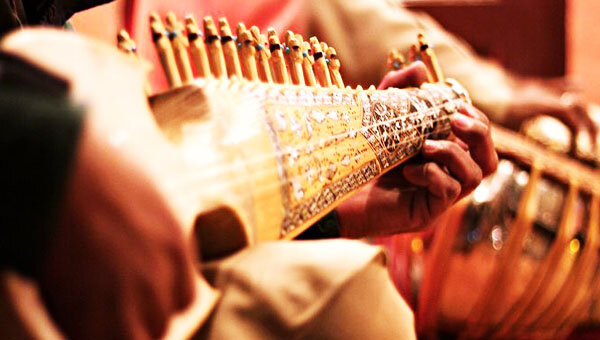UNESCO resubmitted dossiers for Persian feast, string instrument

TEHRAN – Iran has recently resubmitted UNESCO revised dossiers for the ancient feast of Mehrgan and the string instrument of Robab in a bid to win global recognition for intangible cultural heritage.
The dossier for the Mehrgan celebration has jointly been developed with Tajikistan while the dossier for the art of making and playing Rabab includes Tajikistan, Uzbekistan and Afghanistan, IRIB reported on Tuesday.
Both dossiers have been re-sent to UNESCO after making corrections and completing the documents intended for possible registrations, the report said.
Mehrgan is an ancient annual festival that marks the autumn equinox and expresses the communities’ gratitude for an abundant harvest. It is celebrated by many Iranians and by the people of Tajikistan.
The ceremony of Mehrgan is named after Mehr, the Zoroastrian god of friendship, peace, and solidarity. The Zoroastrian faith reaches back to antiquity and the festival is a major part of the group’s identity.
Participants perform local wrestling, and rope walking, and distribute food and drinks. In Tajikistan, the element is celebrated during or after the harvest and includes many of these same customs.
Moreover, the ceremony functions to integrate people socially. People of all ages, genders, and backgrounds come together. The ceremony promotes mutual respect among communities and peaceful relationships.
The Rabab or Robab is a traditional, short-necked string instrument that has been used in Central Asia for thousands of years. Made from apricot, mulberry, or other woods, the instrument’s size and shape can vary within and across countries.
Ensembles and folk groups play the instrument during holidays, celebrations, social events, and family rituals. The instrument also plays a vital role in mourning ceremonies. It is a leading instrument in all professional groups, such as orchestras and ensembles, and musicians of all ages and genders transmit the knowledge to younger generations through performances and amateur groups, and in schools, colleges and musical institutions.
Expert crafters, on the other hand, generally transmit the knowledge and skills of creating the instrument through apprenticeships or informally within families. They are also vital to the performance and transmission of the practice. Rabab promotes solidarity and cultural exchange in Iran, Tajikistan, and Uzbekistan.
AFM
Leave a Comment